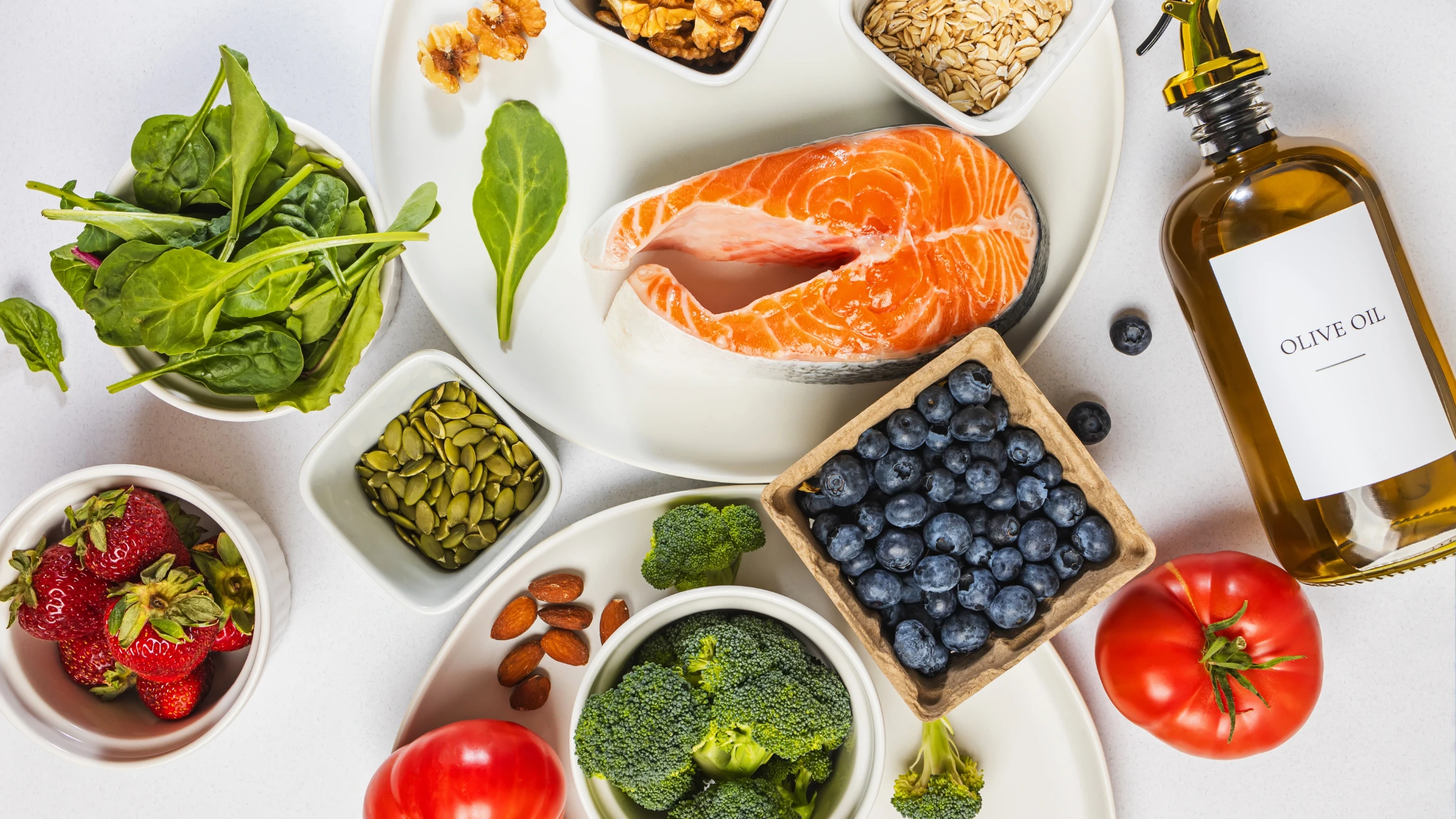How Diet Influences Pain
Chronic pain often stems from inflammation in the body. Certain foods can either exacerbate or reduce inflammation, influencing pain levels. For instance, diets high in processed foods, sugars, and unhealthy fats can promote inflammation, while a balanced diet rich in whole foods can have the opposite effect.
Anti-Inflammatory Diet Recommendations
Fruits and Vegetables
Incorporate a variety of colorful fruits and vegetables into your diet. Berries, leafy greens, tomatoes, and citrus fruits are particularly high in antioxidants and vitamins that fight inflammation.
Healthy Fats
Omega-3 fatty acids found in fatty fish (such as salmon and mackerel), flaxseeds, and walnuts are known for their anti-inflammatory properties. Replacing saturated fats with these healthy fats can help reduce pain.
Whole Grains
Opt for whole grains like brown rice, quinoa, and oats instead of refined grains. Whole grains have more fiber and nutrients that can help reduce inflammation.
Lean Proteins
Choose lean protein sources such as chicken, turkey, tofu, and legumes. These proteins provide essential amino acids without the inflammatory effects associated with red and processed meats.
Spices and Herbs
Incorporate anti-inflammatory spices like turmeric, ginger, and garlic into your meals. These spices have natural compounds that help reduce inflammation and pain.
Supplements for Pain Management
Omega-3 Supplements
If you find it challenging to get enough omega-3s through diet alone, consider omega-3 supplements. They can help manage inflammation and reduce pain.
Vitamin D
Vitamin D deficiency is linked to increased pain sensitivity. Ensure you get adequate sunlight exposure or consider supplements if necessary.
Magnesium
Magnesium helps muscle and nerve function, and a deficiency can lead to increased pain perception. Foods like nuts, seeds, and leafy greens are good sources, or consider a supplement if needed.
Hydration and Pain Management
Staying hydrated is also vital for pain management. Dehydration can worsen pain, especially in conditions like arthritis. Aim to drink at least eight glasses of water a day to keep your body well-hydrated.
By making mindful dietary choices, you can significantly influence your pain levels and enhance your quality of life. Advanced Physical Medicine supports a holistic approach to pain management that includes dietary and lifestyle modifications. For personalized advice and treatment plans, our team of specialists is here to help you navigate your pain management journey.









